General description
PDE9A is a ubiquitous protein belonging to the cyclic nucleotide phosphodiesterase family which regulate the signaling of cyclic nucleotides such as cGMP and cAMP. PDE9A has a higher affinity for cGMP. It contains a catalytic site that associates with cofactors and hydrolyzes cGMP thereby terminating cGMP signaling for a number of cellular processes. PDE9A has been indirectly linked to signaling pathways involved in cognitive processes. Previous studies suggested that inhibition of PDE9A enhanced long-term potentiation (a widely studied mechanism of learning and memory); PDE9A may also effect changes in the plasticity of hippocampal neurons which are also important for certain types of cognitive processes. In addition to the brain, PDE9A is also highly expressed in the spleen, prostate, colon, kidney, and heart and may be involved in a range of physiological processes in these systems, via cGMP-amplified signaling.
Immunogen
KLH-conjugated linear peptide corresponding to human PDE9A.
Application
Detect PDE9A using this Anti-PDE9A Antibody validated for use in Western Blotting, IHC(P).
Research Category
Neuroscience
Research Sub Category
Signaling Neuroscience
Western Blot Analysis: A representative lot of this antibody detected PDE9A in human liver tissue lysate, and in mouse spleen and liver tissue lysates.
Immunohistochemistry Analysis: A 1:100 dilution of this antibody detected PDE9 in human prostate tissue, and in possible golgi type II and basket cells in the Purkinje and molecular layers of mouse cerebellum.
Quality
Evaluated by Western Blot in human spleen tissue lysate.
Western Blot Analysis: 0.5 µg/mL of this antibody detected PDE9A in 10 µg of human spleen tissue lysate.
Target description
~75 kDa observed. Uniprot describes 16 isoforms produced by alternative splicing, which have been observed at various molecular weights. (Kruse, L.S., et al. (2009). Brain Res. 1281: 25-34; Rentero, C., et al. (2003). Biochem Biophys Res Commun. 301(3):686-692.)
Physical form
Format: Purified
Protein A purified
Purified rabbit polyclonal in buffer containing 0.1 M Tris-Glycine (pH 7.4), 150 mM NaCl with 0.05% sodium azide.
Storage and Stability
Stable for 1 year at 2-8°C from date of receipt.
Analysis Note
Control
Human spleen tissue lysate
Other Notes
Concentration: Please refer to the Certificate of Analysis for the lot-specific concentration.
Disclaimer
Unless otherwise stated in our catalog or other company documentation accompanying the product(s), our products are intended for research use only and are not to be used for any other purpose, which includes but is not limited to, unauthorized commercial uses, in vitro diagnostic uses, ex vivo or in vivo therapeutic uses or any type of consumption or application to humans or animals.
biological source: rabbit. Quality Level: 100. antibody form: purified antibody. antibody product type: primary antibodies. clone: polyclonal. species reactivity: human, rhesus macaque, mouse. species reactivity (predicted by homology): chimpanzee (based on 100% sequence homology), rat (based on 100% sequence homology). technique(s): immunohistochemistry: suitable (paraffin), western blot: suitable. NCBI accession no.: NP_002597. UniProt accession no.: O76083. shipped in: wet ice. target post-translational modification: unmodified. Gene Information: human ... PDE9A(5152). Storage Class Code: 12 - Non Combustible Liquids. WGK: WGK 1. Flash Point(F): Not applicable. Flash Point(C): Not applicable.Shipping Information:
Dry Ice Surcharge & Ice Pack Shipments: $40
More Information: https://cenmed.com/shipping-returns
- UPC:
- 51142550
- Condition:
- New
- Availability:
- 3-5 Days
- Weight:
- 1.00 Ounces
- HazmatClass:
- No
- MPN:
- ABN32
- Temperature Control Device:
- Yes












